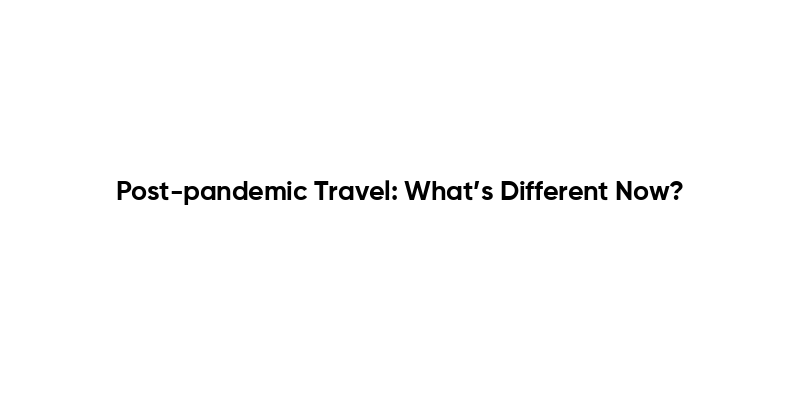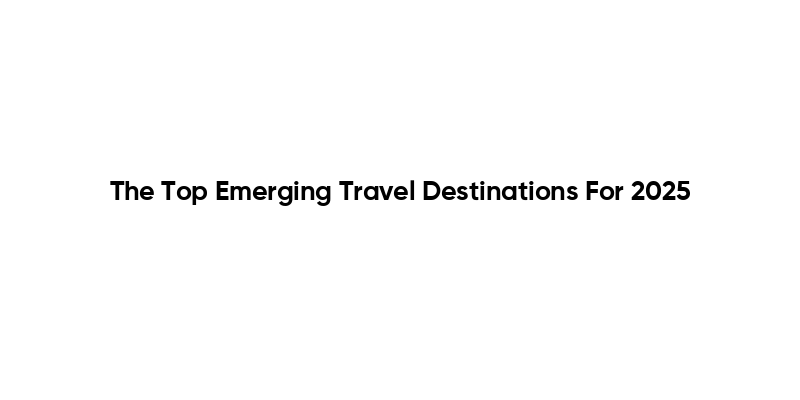The impact of LGBTQ+ travel on the U.S. economy is multifaceted, revealing both opportunities and challenges as international travelers reconsider their destinations. With concerns about LGBTQ+ rights in the U.S. under scrutiny, many potential visitors are questioning their trip plans and re-evaluating how they spend their travel budgets. Statistics show a significant decline in bookings for LGBTQ+-friendly accommodations, such as those listed on misterb&b, reflecting a broader trend in LGBTQ+ travel preferences. Events like Pride Month remain vibrant, yet they coexist with doubts surrounding inclusivity across various states. As global LGBTQ+ travel trends evolve, understanding these dynamics is crucial for destinations seeking to attract and retain this vital segment of travelers.
The realm of LGBTQ+ tourism within the United States demonstrates a shifting landscape, with travelers increasingly prioritizing inclusive and welcoming destinations. Notably, international travelers identifying as LGBTQ+ are showing hesitance about visiting the U.S. due to ongoing civil rights debates and adverse local policies. Consequently, the concept of spending—once seen as just a vacation—now embodies a significant act of solidarity, with travelers opting for locales that champion equality and acceptance. Meanwhile, as organizations prepare for events like WorldPride, they must navigate a delicate balance, advocating for a safe space while responding to economic realities that could influence attendance. Through this lens, the future of LGBTQ+ travel hinges not only on the journey itself but on the broader implications of societal acceptance.
The Decline in LGBTQ+ Travel to the U.S.
Recent trends indicate a marked decline in travel among international LGBTQ+ visitors to the United States. According to reports from misterb&b, bookings from Canadian users saw a staggering 66% decrease, while European users recorded a 32% drop from the same time last year. Many travelers are re-evaluating their plans, considering the growing anti-LGBTQ+ sentiment and policies in the U.S., alongside their desire to support more inclusive, safer destinations. The economic factors, such as tariffs and political tension, are leading many to explore alternatives closer to home.
This shift in travel patterns suggests that LGBTQ+ consumers are increasingly using their travel budgets as a form of activism, opting to support economies that align with their values of diversity and inclusivity. Canadian traveler Robert Sharp exemplifies this trend as he opted for a road trip in Canada rather than venture to LGBTQ+ friendly locations in the U.S., reflecting a broader sentiment within the community that prioritizes safety and acceptance in their travel choices.
Frequently Asked Questions
What is the current impact of LGBTQ+ travel trends on the U.S. economy?
The impact of LGBTQ+ travel trends on the U.S. economy is notable, with a decline in bookings for LGBTQ+-friendly accommodations observed by platforms like misterb&b. Recent data indicates a 66% drop in Canadian users and a 32% reduction among European users from February to April 2025, leading to concerns that international LGBTQ+ travelers are reconsidering their trips to the U.S. This shift is driven by negative perceptions related to LGBTQ+ rights and ongoing political discourse.
How are LGBTQ+ rights in the U.S. influencing international travelers’ decisions?
LGBTQ+ rights in the U.S. are significantly influencing international travelers’ decisions, especially among LGBTQ+ individuals who feel increasingly unsafe due to perceived hostility in U.S. policies. Many travelers are choosing to redirect their budgets to LGBTQ+-friendly destinations in their home countries or elsewhere, as evidenced by the decision of organizations like Egale Canada to limit participation in U.S. events.
What are the consequences of the decline in international travelers on LGBTQ+ events in the U.S.?
The decline in international travelers is expected to have implications for LGBTQ+ events in the U.S., particularly with reduced corporate sponsorships and altered attendance at major Pride Month celebrations. While attendance numbers remain resilient in some areas, concerns persist that a drop in international participants may affect the overall economic support for LGBTQ+ events, as they typically attract significant spending from this demographic.
How are international travelers responding to the Pride Month events in the U.S.?
International travelers are responding to Pride Month events in the U.S. with mixed sentiments. While some major Pride events, like NYC Pride, reported consistent attendance despite economic challenges, individuals from countries with stricter LGBTQ+ rights are re-evaluating their participation. The fear of discrimination and the recent political climate have led some LGBTQ+ travelers to cancel their plans, opting for safer, more inclusive environments.
What are the implications of misterb&b bookings on LGBTQ+ travel impact in the U.S.?
The implications of misterb&b bookings on LGBTQ+ travel impact in the U.S. are significant, indicating a movement towards supporting inclusive and welcoming destinations. With bookings experiencing a substantial decline among international users, LGBTQ+ travelers are actively using their travel budgets to promote destinations that align with their values. This shift highlights the growing importance of LGBTQ+ rights and representation in shaping travel decisions.
Why are international LGBTQ+ travelers reconsidering trips to the U.S.?
International LGBTQ+ travelers are reconsidering trips to the U.S. due to a combination of political and social factors impacting LGBTQ+ rights. Instances of anti-LGBTQ+ rhetoric and policies, as well as apprehensions about safety and acceptance, have prompted many travelers to explore more inclusive destinations where they feel prioritization for their well-being and rights is greater.
What role does the LGBTQ+ community’s purchasing power play in travel decisions?
The LGBTQ+ community’s purchasing power, estimated at $1.4 trillion, plays a crucial role in travel decisions. LGBTQ+ travelers typically spend more on experiences, tours, and accommodations. As they become increasingly aware of social issues, many choose to support destinations that reflect inclusivity and equality, which directly influences their travel planning and destination selection.
What changes are evident in LGBTQ+ travel patterns due to societal and political issues in the U.S.?
Changes in LGBTQ+ travel patterns due to societal and political issues in the U.S. include a marked decrease in trips planned to traditionally popular LGBTQ+ destinations. Factors such as economic strain from tariffs, trade tensions, and the perceived lack of safety for LGBTQ+ individuals have prompted travelers to seek alternatives closer to home, as demonstrated by the rise in local tourism in Canada.
How are Pride celebrations in the U.S. impacted by international traveler perceptions?
Pride celebrations in the U.S. are being impacted by international traveler perceptions as concerns regarding acceptance and safety in the U.S. deter potential attendees. Although domestic attendance remains robust in certain cities, the overall sentiment from international travelers indicates a hesitance to participate in events in areas perceived as less welcoming, highlighting the need for ongoing support for LGBTQ+ rights.
In what ways are local economies affected by fluctuations in LGBTQ+ travel to the U.S.?
Local economies are affected by fluctuations in LGBTQ+ travel to the U.S. through the decreased influx of tourism dollars that support various businesses, including hotels, restaurants, and event spaces particularly during Pride Month. As the LGBTQ+ community typically contributes significantly to local economies, any decline in travel can have broader consequences, affecting employment and overall community vibrancy.
| Aspect | Details |
|---|---|
| Decline in Bookings | 66% drop among Canadian users and 32% drop among European users on misterb&b from February to April 2025 compared to 2024. |
| Traveler Sentiment | International LGBTQ+ travelers are reconsidering trips to the U.S. due to rising anti-LGBTQ+ rhetoric and political tensions. |
| Impact on Corporate Sponsorship | Despite declines in corporate sponsorship, Pride organizations reported strong attendance at events. |
| The Rainbow Dollar | LGBTQ+ consumers have significant economic influence, with a purchasing power of $1.4 trillion. |
| Travel Trends | There is a noted increase in bookings in more inclusive ‘blue states’ and declines in ‘red states’. |
| LGBTQ+ Community Resilience | Attendance at Pride events remains robust, demonstrating community resilience despite economic challenges. |
| Future Projections | Spending by international visitors in the U.S. could drop by $8.5 billion this year due to negative perceptions. |
Summary
The LGBTQ+ travel impact on the U.S. is significant, as international travelers are increasingly reconsidering visits due to political tensions and rising anti-LGBTQ+ sentiments. This has led to notable declines in bookings for LGBTQ+-friendly accommodations, particularly from Canadian and European travelers, while economic power tied to the LGBTQ+ community remains substantial. As many prioritize spending in destinations that support inclusivity, the future of LGBTQ+ tourism in the U.S. hangs in the balance amidst ongoing social and political challenges.



